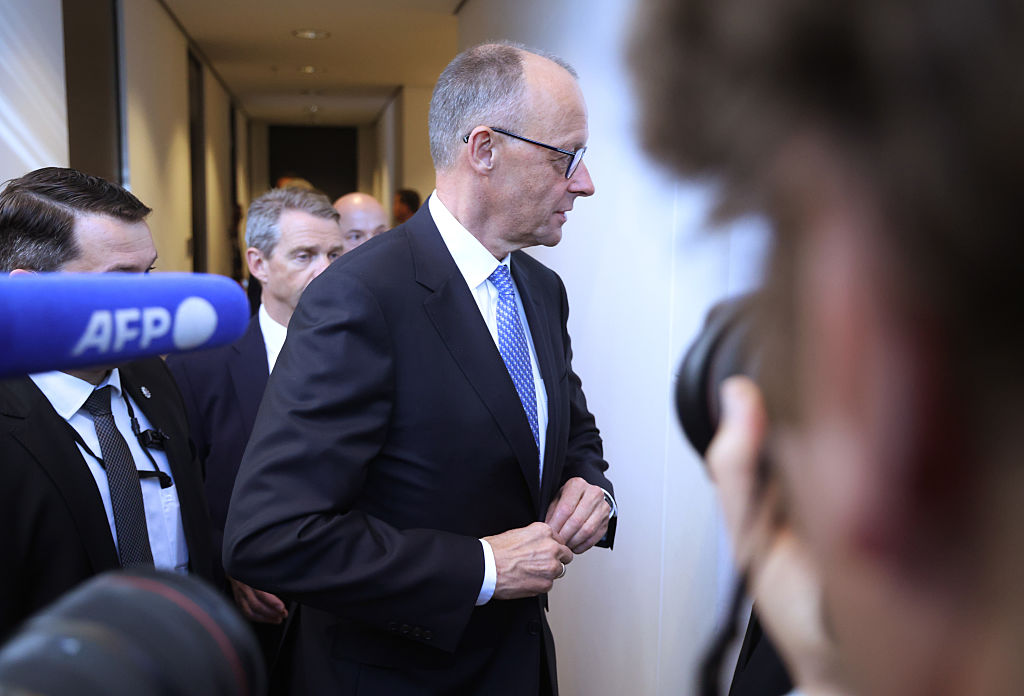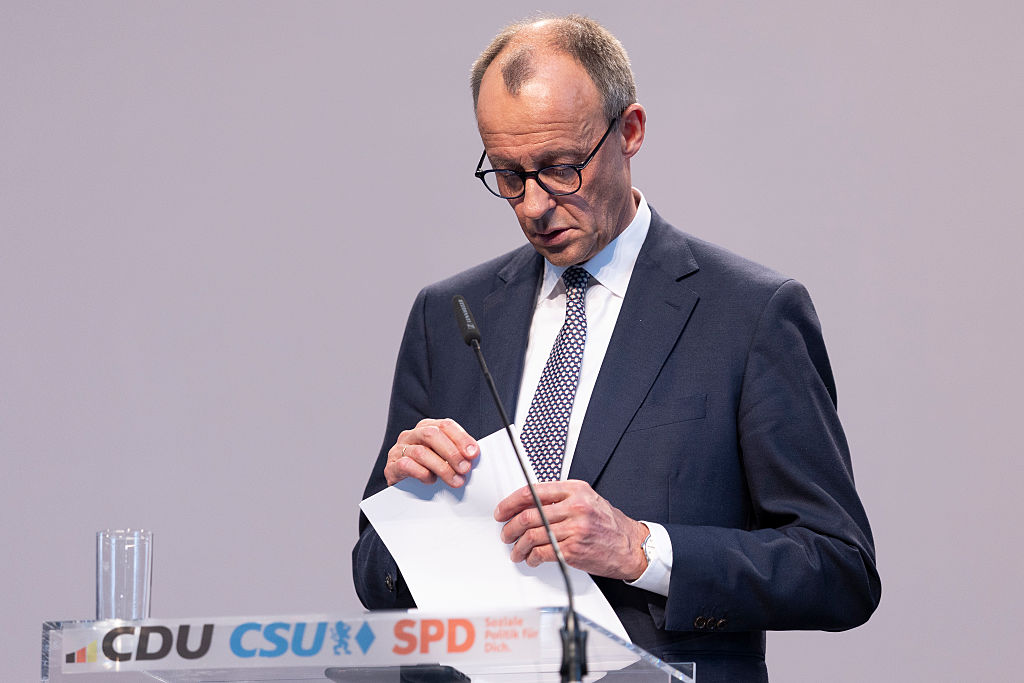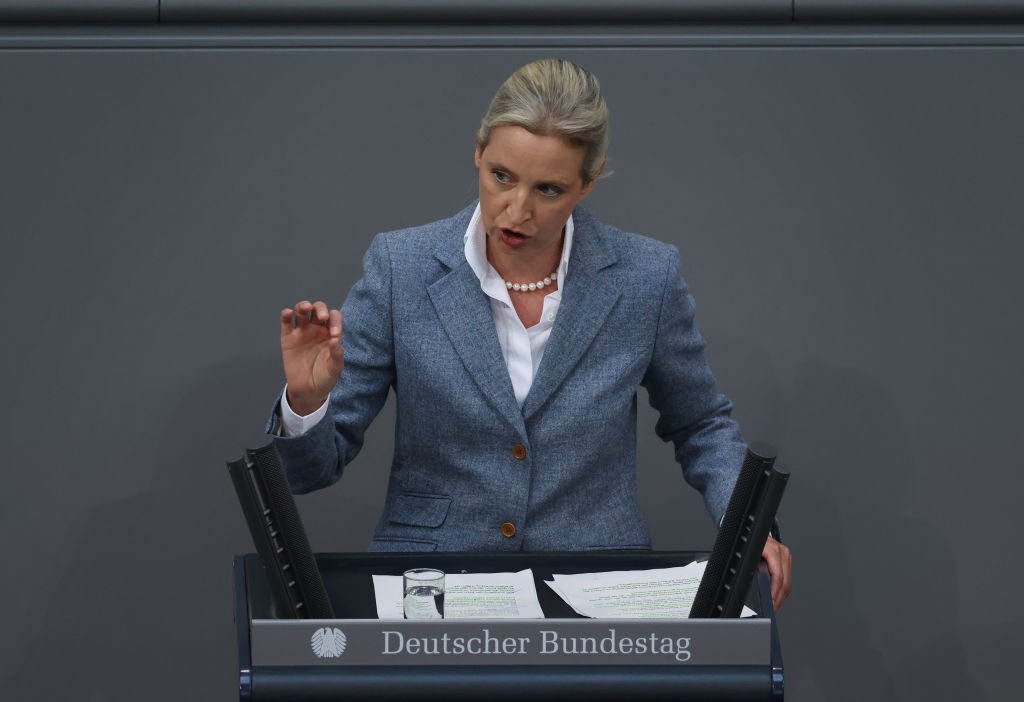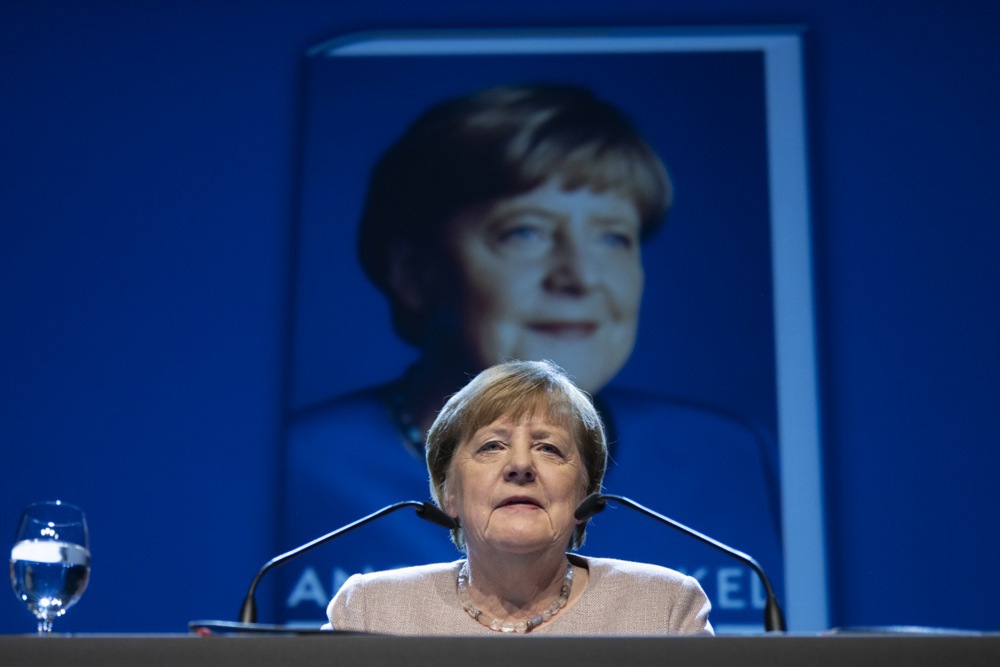Alexander Dobrindt, Germany’s new Conservative interior minister, has ordered a halt of asylum procedures at Germany’s foreign borders effective immediately – potentially fulfilling a key election promise of the Christian Democratic Union’s (CDU) now-Chancellor Friedrich Merz ahead of the February 2025 general election.
As German newspaper Bild reported on May 7, Christian Social Union in Bavaria MP Dobrindt has issued a verbal instruction to German Federal Police to tighten border controls and increase pushbacks in case of illegal entry. The current force of 11,000 officers at the borders will be reinforced by 2,000 to 3,000 more personnel.
Dobrindt has reportedly also revoked a verbal instruction from 2015, originally issued by Thomas de Maizière, CDU interior minister under then-chancellor Angela Merkel.
The instruction said: “Third-country nationals without documents which allow them to reside in Germany and with a request for asylum must be allowed entry.”
It was issued at the height of the 2015 refugee crisis when Merkel decided to effectively open German borders for all, leading to an influx of hundreds of thousands of asylum seekers.
According to Bild, the Merkel directive had remained in place unchanged for almost 10 years since 2015.
In January 2025, CDU leader Merz had promised tighter border controls and pushbacks for asylum seekers “from day one” of his chancellorship.
The announcement came after a series of fatal alleged terrorist attacks by asylum seekers and other migrants had shocked Germany. The spree included vehicle ramming attacks in Magdeburg and Munich as well as the deadly stabbing of a two-year-old in Aschaffenburg, allegedly by an illegal Afghan migrant.
Merz originally intended for his government to take office on May 6. That did not happen after he unexpectedly lost the first round of voting in the Bundestag, or parliament. May 7 was his first day in office for Chancellor Merz and the ministers of his coalition with the Social Democrats (SPD).
The executive order put an end for the time being to speculation over whether Merz would really be able to fulfil his election promise after entering into a coalition with the notoriously pro-immigration SPD.
On X on Ma 7, Marcus Pretzell, a former Alternative for Germany (AfD) MEP, called Dobrindt’s order “a point for Merz”.
According to the Federal Police, as of April 30 a total of 10,302 people had been returned or pushed back at German borders “in connection with illegal border crossings” since the beginning of this year.





